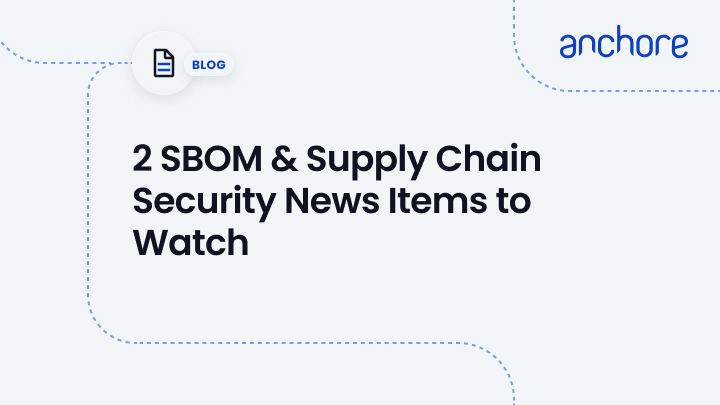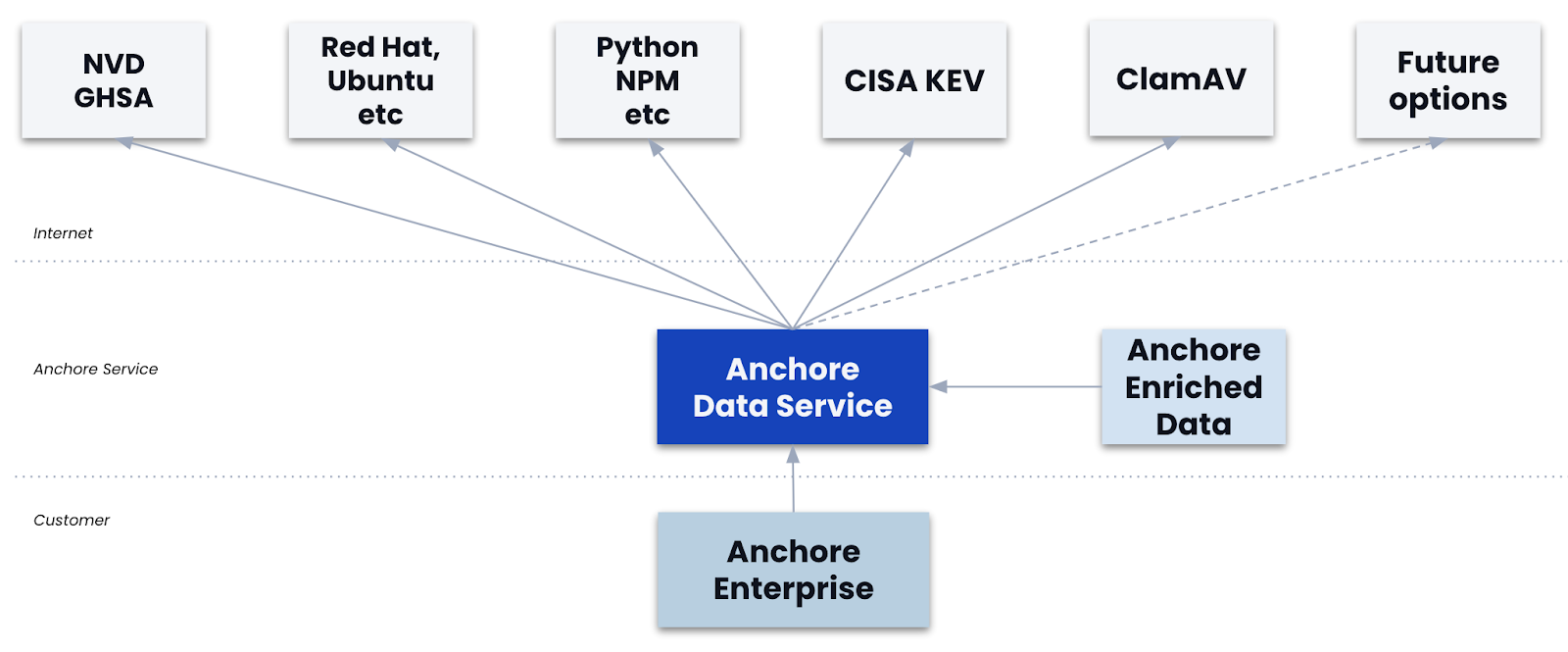We aren’t about to stop hearing about the need for a software bill of materials (SBOM) and software supply chains security anytime soon. You can expect more news about a Presidential executive order about SBOMs and a new software supply chain breach at Codecov that we’re all still learning more about.
Impending Executive Order about SBOMs
The fallout from the SolarWinds supply chain attack is behind the U.S. federal government considering issuing an executive order that would require vendors to provide a software bill of materials (SBOM) with the software they sell to or create for a customer.
One of the potential benefits of this EO is that we might finally see a boost to some of the excellent industry and cross-industry work being done out there to better track software dependencies and related metadata. Hopefully, we’ll see SPDX, CycloneDX, SWID, and the National Telecommunications and Information Administration (NTIA) play new and collaborative roles within government and industry once this EO hits the street.
An EO of this magnitude also sends a powerful message to government and industry about the risks of vulnerabilities that come from software dependencies. There’s also the potential of a knowledge gap that both government and industry will need to bridge. Look for security vendors to pivot their messaging and thought leadership to fill this gap.
Codecov Supply Chain Breach
Codecov — makers of a tool that lets development teams measure the testing coverage of their codebase — could be the latest high-profile software supply chain breach adding new fuel to the impending federal government EO.
Reports point to attackers exploiting a bug in Codecov’s Docker image creation process to gain access to a Bash Uploader script that maps out development environments and reports back to the development team. The modification called out for user credentials that would enable the attackers to access and exfiltrate data right from the continuous integration environment. CEO
Jerrod Engelberg published an update on their corporate site that warned that any credentials, authentication tokens, or keys run through an affected customer’s CI process were exposed giving attackers access to application code, data stores, and git repositories.
The Codecov breach brings up the harsh realities of the need to secure the DevSecOps toolchain for government and commercial enterprises. Nowadays, any focus on application security must also include the toolchain.
Be Proactive about SBOMs and Supply Chain Security
News of the impending executive order and recent news about Codecov mean the time is now to become more proactive about your organization’s SBOM adoption. Here are some actions you can take to be proactive about SBOMs and supply chain security:
- Review your current DevOps or DevSecOps process with your development and operations teams and look for natural points to introduce the requirement for an SBOM as an entry gate.
- Become conversant in the major SBOM standards: SPDX, SWID, and CycloneDX because we’ve yet to see a full-court push for an industry standard. It’s also a good time to monitor the SBOM work the NTIA is doing.
- Implement a tool to generate SBOMs from container images and file systems if you haven’t already done so. Download and take Syft for a spin. It’s our open source CLI tool and library for generating a Software Bill of Materials from container images and filesystems.



